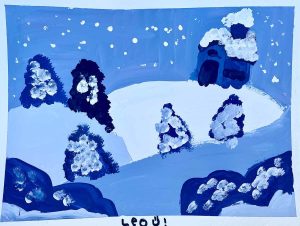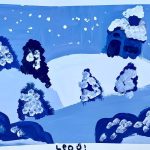View:
Where young artists paint the world with words
The international literary project for students 8 - 18. Stories, poems, and art by young writers and artists since 1973.


